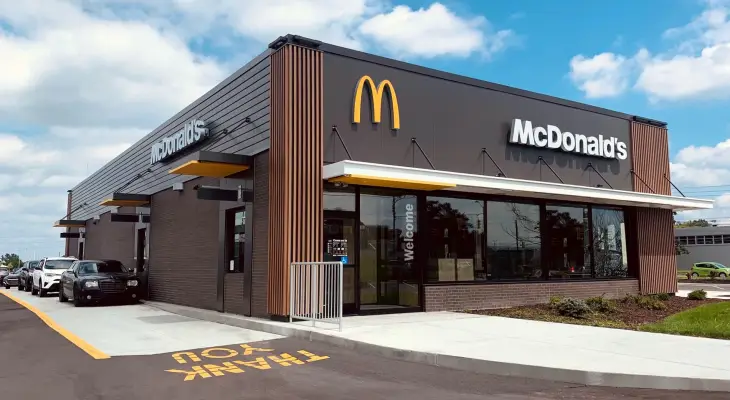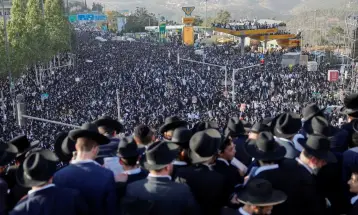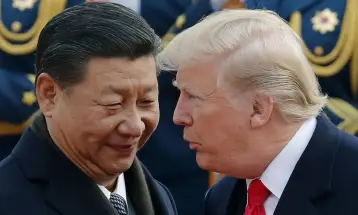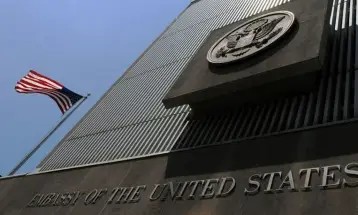There Are No McDonald's Restaurants in These 5 Countries, for Various Reasons

Holiday Ayo - McDonald's (McD) is incredibly popular worldwide. However, McDonald's outlets aren't available in all countries, from Mongolia to Barbados. In these countries, you can't find McDonald's.
Economic, cultural, and geopolitical factors have hampered McDonald's presence in some regions.
As reported by Reader's Digest (September 18), here are five countries that still don't have a single McDonald's restaurant.
1. Iceland
McDonald's was briefly established in Reykjavík, Iceland, in 1993. However, the 2007-2008 global financial crisis caused the cost of importing raw materials to skyrocket, making it difficult to maintain profitability.
Ultimately, all McDonald's outlets in Iceland closed in 2009 and were replaced by Metro, a fast-food restaurant with a similar menu but using local ingredients.
Although economic conditions have improved, consumer preferences have changed. Icelanders take pride in enjoying food made with fresh, locally sourced ingredients and supporting local agriculture.
This habit makes McDonald's's comeback less relevant to consumption trends prioritizing quality and sustainability.
2. Russia
McDonald's first opened in Moscow in 1990 and became a symbol of improving relations between the United States and Russia after the Cold War.
For three decades, the restaurant thrived, attracting millions of customers daily.
However, in 2002, the Russo-Ukrainian war changed everything.
McDonald's decided to cease operations and then exit the Russian market entirely. The existing outlets were taken over and renamed Vkusno & Tochka, or 'Tasty & That's It.'
Surprisingly, the change didn't dampen public enthusiasm.
To this day, the new brand remains popular, serving around two million customers daily.
3. Zimbabwe
Zimbabwe almost had a McDonald's in 2000. However, the plan was shelved due to the ongoing economic crisis.
According to African food experts, high operating costs, unstable infrastructure, and low purchasing power make the country less attractive to global fast-food chains.
However, the absence of McDonald's also has positive impacts. The presence of fast-food chains is often seen as eroding local culinary culture, encouraging a uniform diet, and increasing the risk of diseases such as obesity and diabetes.
Zimbabwe is now seen as having an opportunity to strengthen culinary traditions, protect small traders, and preserve its traditional culinary heritage.
4. Bhutan
In the Kingdom of Bhutan, McDonald's never materialized, despite the absence of an official ban.
Several factors contributed to the establishment, including the small population, the high cost of importing raw materials, and Buddhist traditions that restrict meat consumption.
The Bhutanese government also rejected McDonald's proposals, citing health concerns. Furthermore, the Bhutanese constitution obliges its citizens to protect their culture, environment, and ancestral heritage.
This has made the public reluctant to accept foreign fast-food products deemed incompatible with local values.
5. North Korea
Legally, there is no prohibition on McDonald's operating in North Korea. In fact, reports surfaced that Kim Jong Un was open to allowing Western fast food brands to enter Pyongyang.
However, the political realities and conditions in the country make this nearly impossible. The authoritarian climate, food crisis, and anti-American sentiment clearly contradict McDonald's cheerful image.
The United States government also bans its citizens from traveling to North Korea, further diminishing the opportunity for expansion.
Despite this, elite North Korean officials reportedly still enjoy McDonald's menu items by having them specially imported from China.








Leave a comment